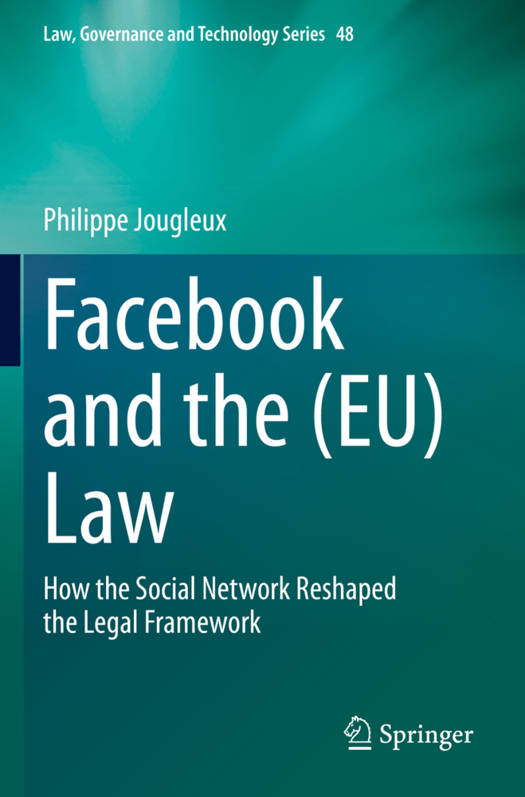
- Retrait gratuit dans votre magasin Club
- 7.000.000 titres dans notre catalogue
- Payer en toute sécurité
- Toujours un magasin près de chez vous
- Retrait gratuit dans votre magasin Club
- 7.000.000 titres dans notre catalogue
- Payer en toute sécurité
- Toujours un magasin près de chez vous
126,95 €
+ 253 points
Format
Description
The past two decades have seen a radical change in the online landscape with the emergence of GAFAM (Google, Amazon, Facebook, Apple and Microsoft). Facebook, specifically, has acquired a unique monopoly position among social media, and is part of the digital lives of billions of users. A mutual influence between Facebook and the legal framework has gradually emerged, as EU legislators and judges are on the one hand forced to accept the reality of new, widespread behaviors and practices and on the other have constructed a legal framework that imposes limits and rules on the use of the social network.This book offers a unique perspective on this relationship, exploring the various activities and services proposed by Facebook and discussing the attendant legal issues. Accordingly, questions concerning the GDPR, its principles, rights and obligations are in the center of the discussions. However, the book does not limit its scope to data protection: Facebook has alsogreatly contributed to a liberalization and democratization of speech. In accordance, the classic principles of media law must be revisited, adapted or suitably enforced on the platform. Intellectual property law governs what is owned and by whom, no matter whether raw data or informational goods are concerned. Frameworks on hate speech and fake news are the result of coregulation principles of governance, whereas defamation jurisprudence continues to evolve, considering the consequences of merely "liking" certain content. The economic model of advertising is also governed by strict rules. Above all, Facebook is currently caught in a dilemma of substantial interest for society as a whole: is it a neutral online intermediary, i.e., merely a passive player on the Internet, or is it transforming against its will into an editorial service? In conclusion, the book has a dual purpose. First, it proposes a global and practical approach to the EU legal framework on Facebook. Second, it explores the current limits and the ongoing transformation of EU Internet law as it steadily adapts to life in the new digital world.
Spécifications
Parties prenantes
- Auteur(s) :
- Editeur:
Contenu
- Nombre de pages :
- 270
- Langue:
- Anglais
- Collection :
- Tome:
- n° 48
Caractéristiques
- EAN:
- 9783031065989
- Date de parution :
- 16-07-23
- Format:
- Livre broché
- Format numérique:
- Trade paperback (VS)
- Dimensions :
- 156 mm x 234 mm
- Poids :
- 399 g







